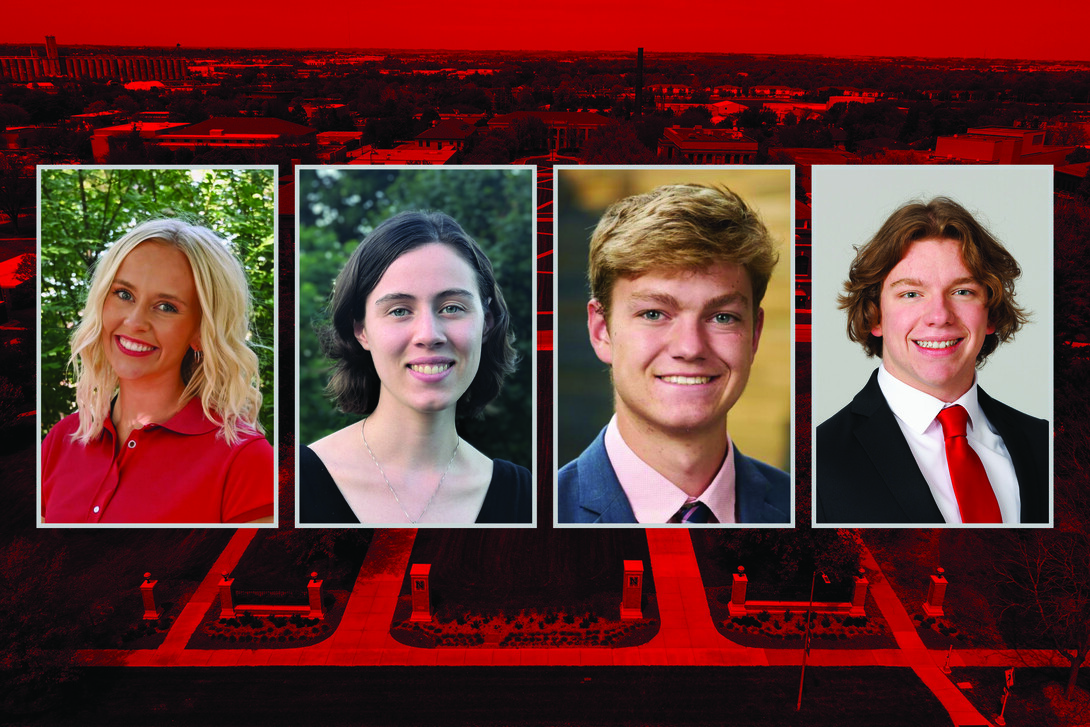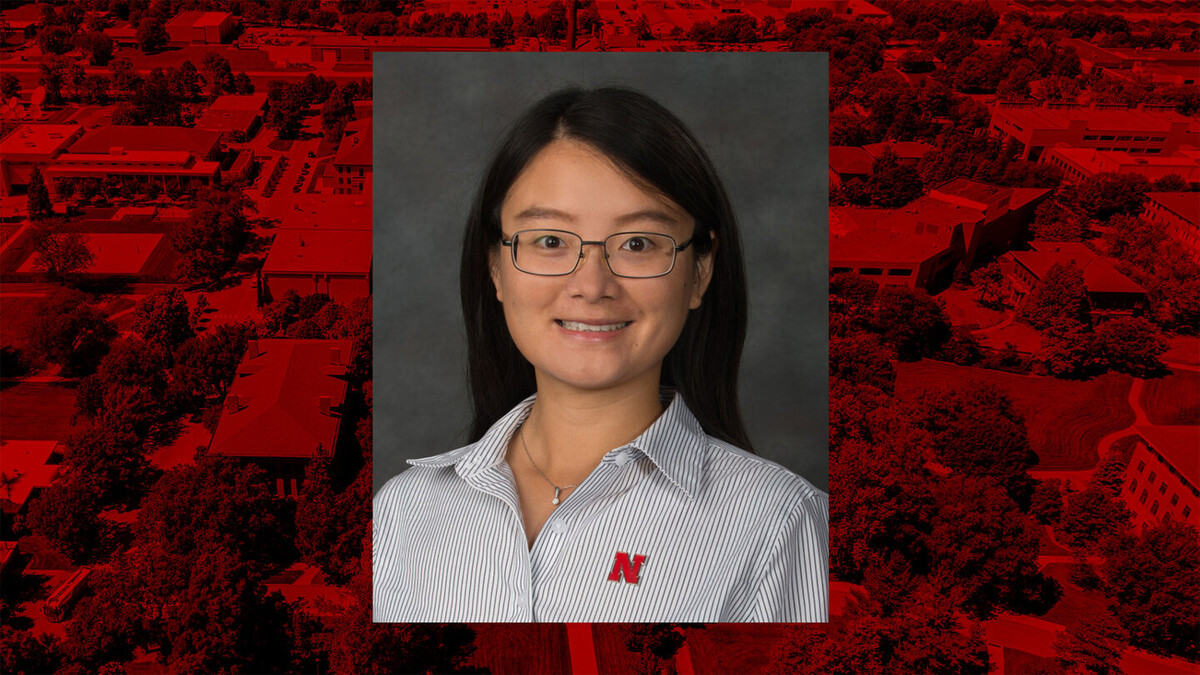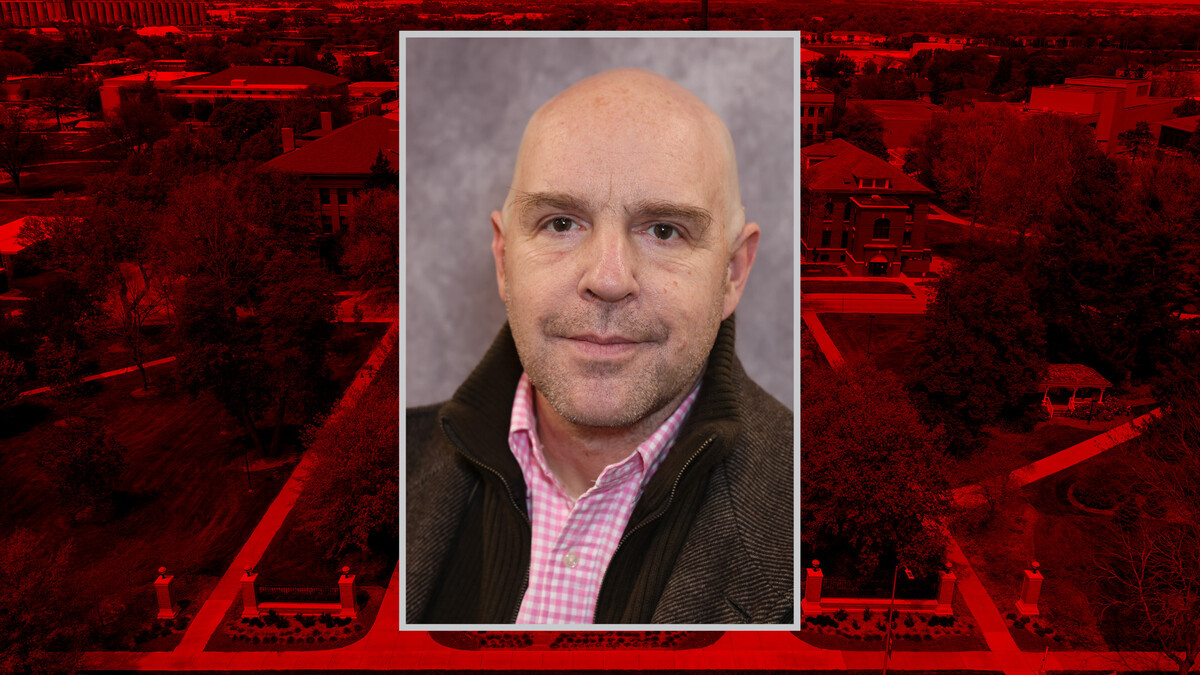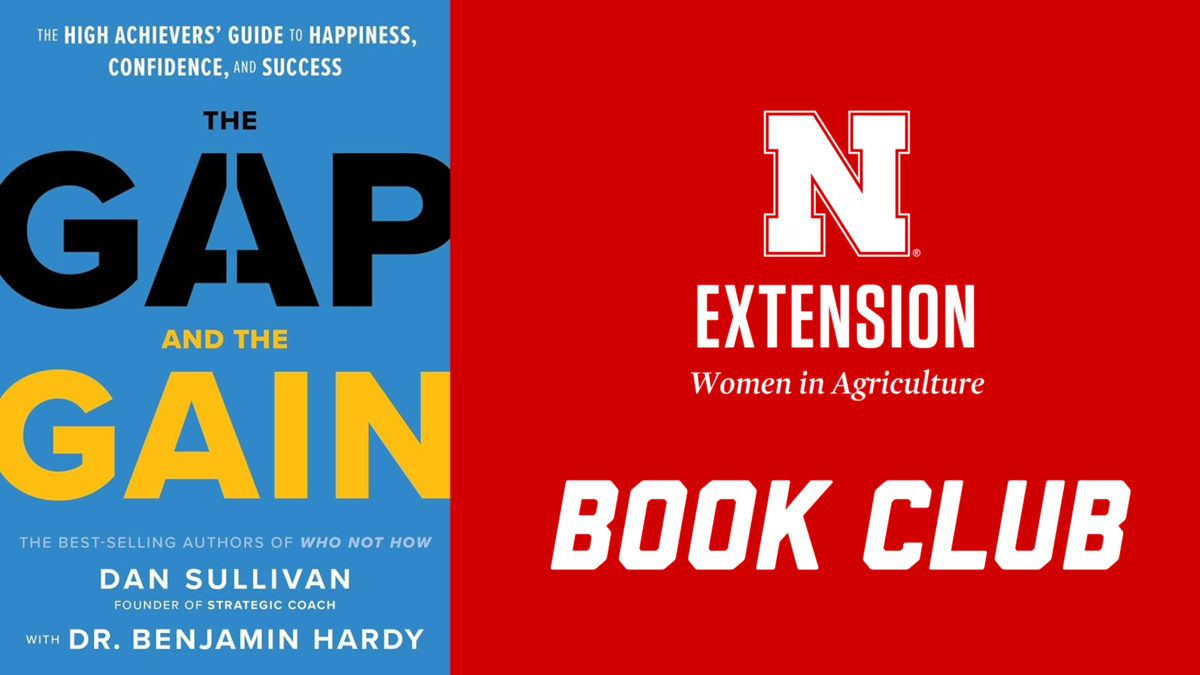
A University of Nebraska helps its students greatly when it connects them with rewarding educational and career opportunities. At the University of Nebraska–Lincoln, the Clayton Yeutter Institute of International Trade and Finance excels at that task, four recent alumni say, citing their own personal experiences.
Savannah Gerlach, a 2023 alumna, works in Gothenburg, as a procurement analyst/corn buyer for Frito-Lay. She interned in the nation’s capital with the Washington International Trade Association as the first Husker student to receive the institute’s Nelson/Yeutter internship, created in partnership with the Nebraska Farm Bureau.
“That internship is the whole reason I'm in the industry that I'm in — the grain industry,” she said. The trade association “set me up with a ton of incredible connections there.” Now, she is working with Nebraska corn producers in a position that is deepening her understanding of Nebraska agriculture as well as the food industry.
The Institute is named after Clayton Yeutter, a Eustis, Neb., native (1930-2017) who served as U.S. trade representative, U.S. agriculture secretary, and president and CEO of the Chicago Mercantile Exchange.
“As a commodities analyst for Frito-Lay, one of Clayton’s principles I return to often is ‘No deal is a good deal unless both sides can benefit,’ ” said Gerlach, a native of Dewitt, Neb. “Learning about him through the Yeutter Institute left a lasting impression on me — not just on how I approach negotiations and business strategy, but on how I treat people. That kind of integrity is something I strive to carry into both my work and daily life.”
Jill O'Donnell, the Haggart-Work director of the Institute, demonstrates dedication in helping students make contacts for educational and career opportunities, alumni say.
“Jill was always advocating for me, always offering to make introductions and suggesting different people to talk to,” said Juliana Quattrocchi, a 2023 graduate working as a policy and communications fellow at the Massachusetts Institute of Technology’s Blueprint Labs in Cambridge, Mass. She conducts statistical analyses and prepares briefing materials on projects that investigate the impact of trade on labor markets.
“Jill taught us to embrace any opportunities to network as they come,” said Quattrocchi, who majored in economics at UNL and now works on labor issues with MIT economists — including two Nobel Prize winners. “That's a skill I've carried forward with me.”
“Every month, Jill would ask me about my job search and ask how she could help,” said Patrick Baker, another recent Yeutter alum. “She’s a written a number of letters of recommendation for me.”
The Institute facilitates internship and scholarship opportunities that help students make career-focused connections. Baker benefited from a Nebraska Corn Board-sponsored internship with the U.S. Grains Council his junior year. He analyzed U.S. grain trade prospects in North Africa and the Middle East, focusing on economic and government policy issues in Tunisia.
That experience led to his current job as senior program associate for the Middle East and North Africa for the International Republican Institute, which focuses on civil society development and civic education around the world.
“My background wasn't in ag, but I was able to leverage my specific work in Tunisia into this international political development side,” said Baker, a native of Maryville, Mo., who majored in political science and global studies.
Students benefit greatly from the instructional value of the course O'Donnell created and teaches on international trade policy making, Quattrocchi said.
“Jill provides her students with a lot of real-world skills,” Quattrocchi said. “There were lots of hands-on applications in that class, whether it was a policy debate simulation or essays that focused on particular trade policy questions. We always had the opportunity to apply what we were learning in a sense that would be practical and applicable to a career moving forward.”
A key part of the course is helping students learn how to write analytical policy memos that meet a professional standard. Quattrocchi’s policy memo led to her earning a leadership award and scholarship from the Washington, D.C., chapter of Women in International Trade. Baker’s policy memo, published on the Institute’s website, analyzed trade promotion authority under the then-new Biden administration. O'Donnell’s guidance on the paper “was key in my professional development,” Baker said. “That was the first time I had ever gotten real, hard, critical feedback on not only my writing style but just conceptionally. That helped me think critically.”
Sam Pribyl, a December 2024 graduate and one of the first students to complete a minor in international trade that the Institute created, wrote a policy memo for O’Donnell’s class on alternative fuels for the shipping industry. He now works as a Claims Specialist for MSC, the largest container shipping company in the world.
“My role and MSC encapsulates just one of the many facets of international trade,” Pribyl said. With over 900 vessels, and offices and agencies in 155 different countries, “it takes massive cooperation and coordination from all departments for the company’s operations to be meaningful and effective.”
Before studying under the Yeutter Institute program, Baker hadn’t given thought to the significance of global trade. “Then you go in and actually think about it with Jill and the smart people she brings in, and you realize how complex it is,” he said. “You start to see how it permeates every sector of what we do.”







